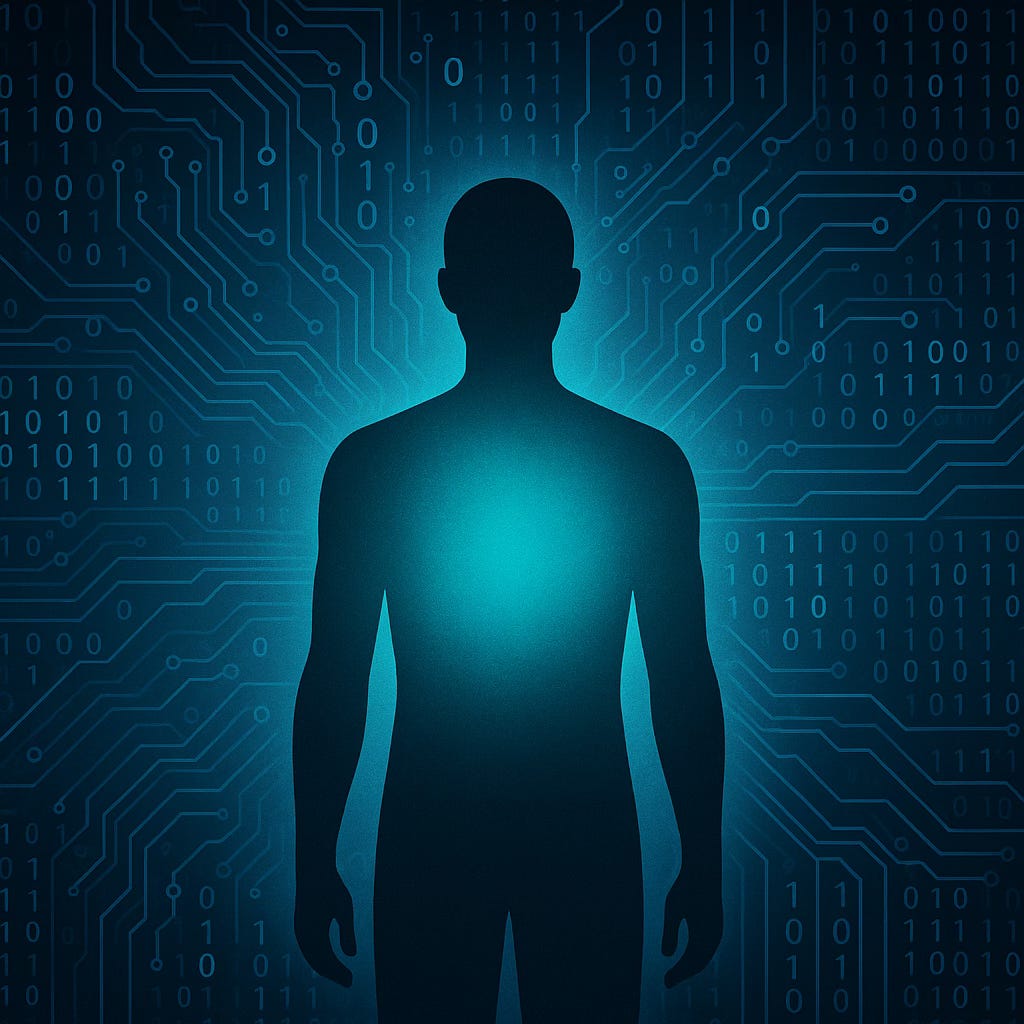Digital Domination: How AI Algorithms Threaten Republican Liberty and Individual Freedom
AI was supposed to serve humanity. Instead, it’s quietly rewriting the rules of freedom itself.
Artificial intelligence is being sold to the public as the next frontier of innovation — a tool to make life easier, faster, and more efficient. But emerging research suggests that beneath the glossy marketing lies something much more concerning: a creeping form of unaccountable power that could erode the very foundations of liberty and self-governance.
According to a recent paper published on arXiv, several scholars warn that AI systems are increasingly shaping not just online experiences, but social, political, and even moral choices — often without transparency or oversight. In short: algorithms now make decisions once reserved for individuals, families, or elected representatives.
From a pro-liberty perspective, this is more than a technical issue — it’s a civilizational one. The essence of freedom is the ability to make choices for oneself, guided by reason, conscience, and consent. When algorithms quietly filter what people see, recommend what they should buy, or even decide which political messages reach them, they begin to substitute machine logic for human judgment.
The danger isn’t that machines are evil. It’s that they are powerful — and answer to no one. Their rules are written by unelected engineers, their operations hidden behind corporate secrecy, and their outcomes dictated by data models that can be nudged, biased, or weaponized by those in power.
The Founders warned against concentrated power — whether in government, church, or corporate monopoly — precisely because liberty cannot survive when control rests in the hands of the few. Today’s AI giants, from Silicon Valley to Washington think tanks, are quietly building a new kind of centralization: not of territory or industry, but of information and influence.
Already, we’ve seen algorithmic censorship target certain viewpoints, “deboosting” or suppressing dissenting voices while amplifying establishment narratives. Credit scoring, hiring software, and predictive policing are making life-altering judgments without explanation or appeal. Even political campaigns are now guided by machine learning systems that know more about voter behavior than voters themselves.
If liberty means control over one’s life, then surrendering that control to opaque data systems represents a profound shift in the relationship between citizen and state — and between free people and the technologies that govern them.
What can be done? Liberty-minded thinkers propose several safeguards:
Transparency mandates for algorithmic decision-making, especially when it affects political speech or economic opportunity.
Data property rights that treat personal information as individual private property, not a free asset for corporations or agencies to exploit.
Decentralization of platforms, ensuring that the digital public square cannot be controlled by a handful of firms or government partnerships.
Algorithmic accountability laws, requiring disclosure and audit of AI systems that impact public discourse, employment, or finance.
True freedom in the digital age will depend on whether Americans reclaim ownership of their data, their voices, and their choices. As AI grows more pervasive, the line between convenience and control is blurring fast — and the cost of ignoring it could be the quiet death of self-determination itself.
In the end, liberty is not just a political principle. It’s a human condition — one that cannot coexist with systems that see, predict, and steer our every move. The challenge before us is simple but urgent: to ensure that the machines serve man, not the other way around.


Time to start posting the US Constitution and the Bill of Rights everywhere to start training AI all about freedom
Start by being discerning with what you choose to watch or read.AI must be monitored by an overriding body not affiliated with Big Tech